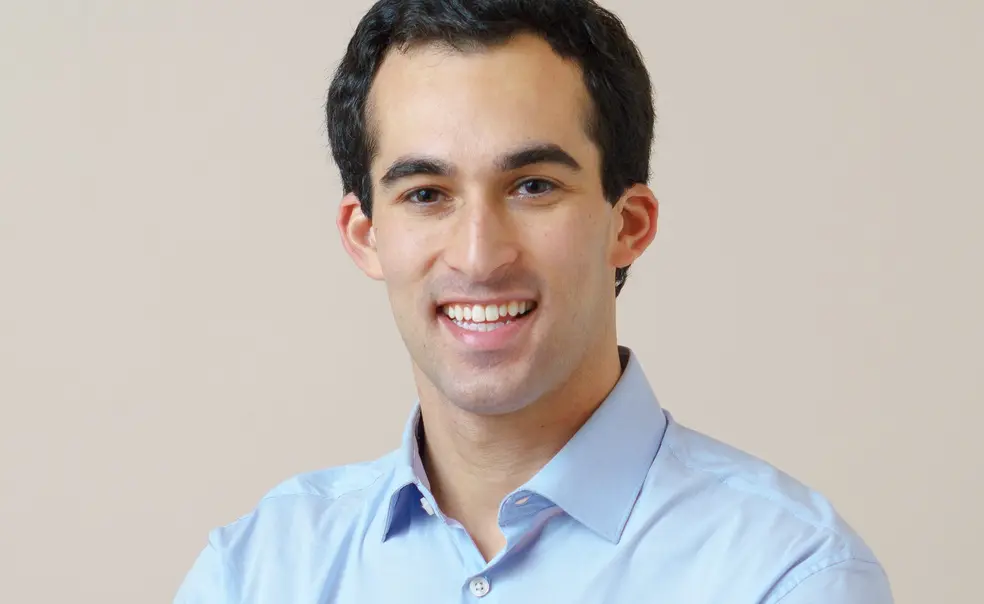Pharma Investor Alex Rosen ’11 Explains the Industry’s Response to COVID-19
The pharmaceutical world wasn’t focused on infectious diseases — until now
In the battle against the coronavirus, many Americans have pinned their hopes on drug companies quickly developing vaccines and treatments.
How will that change the pharmaceutical industry? It’s a question Alex Rosen ’11 can answer better than most.
Rosen earned his M.D. and MBA from The University of Pennsylvania before joining Venrock as an investor in publicly traded drug companies. Rosen pores over the latest medical research, analyzing industry trends and tracking which drugs are most likely to win approval.
Leading up to the current crisis, drug companies were spurred by recent breakthroughs in treating cancer, Rosen said. They’ve also been keen on the emerging field of gene therapy, in which genetic material is introduced into a person’s cells to fight disease.
But the pursuit of drugs designed specifically to treat infectious diseases, like COVID-19, had fallen by the wayside. Developing a new drug usually takes upwards of 10 years and hundreds of millions of dollars, so it’s financially risky to develop drugs for an infectious disease that has yet to emerge.
“Clearly that did not set us up, from a societal perspective or a medical perspective, very well to deal with something like this pandemic,” Rosen said.
Similarly, multidrug resistant bacteria — adapted to thwart previously effective treatments — are also a “scary trend” since drug companies don’t have the usual profit motive to develop new antibiotics. That’s because doctors typically reserve effective new antibiotics as a last line of defense.
“So it’s kind of this weird situation where the better the drug is, the less it’s used because it’s held in reserve,” Rosen said. “The economics don’t quite work right.”
Now, drug companies are stepping up to fight the coronavirus. Vaccines are likely at least a year away, but a number of companies are testing the possibility of repurposing existing drugs.
All this comes despite the hit drug companies have taken in recent years for the high prices they often charge for their products. For example, about seven years ago, Gilead decided to charge $84,000 for its breakthrough cure for Hepatitis C.
“This company was pilloried for how expensive their therapy was,” Rosen said. “But there’s actually, in this case, a good pharmacoeconomic argument that it saved the healthcare system much more than it actually cost them because you avoided liver transplants and you avoided deaths.”
Interestingly, Rosen said, Gilead is now developing one of the more promising coronavirus therapies — remdesivir, originally conceived to fight viruses like Ebola.
“They’re doing it despite the very real likelihood that it probably will not be a profitable endeavor for them,” Rosen said.
The coronavirus will set drug companies back in their other research. With social-distancing rules in place and many hospitals shifting their attention to focus almost exclusively on coronavirus patients, progress on other drug development will slow, said Rosen.
But when it’s all over, Rosen is hopeful public perception of the industry will improve.
“For the most part, I think the people who go into this line of work — including me, who’s trying to invest in novel therapies — are doing it because they think it’s a way that they can improve the human condition and health,” Rosen said.












No responses yet